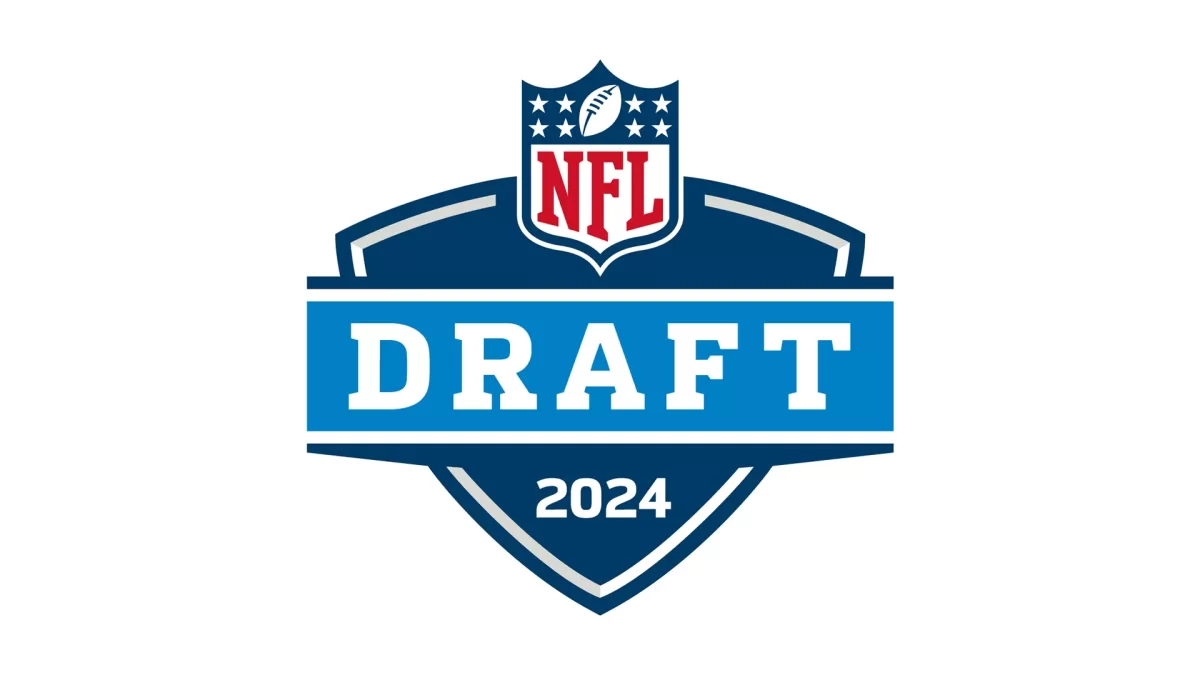The long, controversial process of deciding Grammy award winners
February 6, 2018
Since 1959, when the first-ever Grammy Awards were presented, there has been constant controversy over the decision making of the award winners. We took a deeper look at the required qualifications of voting members and the decision processes behind the most notable music awards. The decision making goes through a five-step process where designated experts collaborate and vote within the 84 categories to come up with this year’s winners.
The “Experts” behind the Grammy decisions
The voting members of The Recording Academy consist of music professionals, including artists, producers, songwriters, and engineers. Those members are responsible for process involved in the decision making. According to the online membership application, there are three ways to be eligible to become a voting member:
- Be credited (creatively or technically) on 6 tracks available through physical music retailers, with one track being released in the last five years
- Be credited on 12 tracks currently available for digital purchase, with one track being released in the last five years
- Been nominated for a GRAMMY Award in the last five years
Applications are then further reviewed for factors of “career substantiation” such as streaming, music videos, sales, fan base, and more. Once accepted, members are required to dues of $100 a year.
The Voting Process
According to The Grammy Awards website, describing their award processes, the voting members of the Recording Academy are subject to a five-step process to determine the winners across 84 categories. The process consists of submissions, screening, nominating, special nominated committees, and final voting. The voting members participate in both the nominating process (to determine the five nominees for each said category) and the final voting (to name the Grammy winners).
Submission
The Recording Academy receives over 20,000 submissions per year. Those entries are submitted by record companies and members of the Recording Academy. Entries consist of recordings and music videos, from the eligibility year, sent in to be reviewed for recognition. Entered recordings must have “been distributed in the U.S. through a recording label or a recognized independent distributor.”
Screening
The screening process is strictly dedicated to verify eligibility for each entry and to place each entry in the proper category. The Grammy’s currently has 30 fields (general, rap, rock, country, new age, etc.) and 84 categories within those fields. The screenings are done by more than 350 industry experts, diversified across all fields. The screening process doesn’t incorporate and judgments or evaluations of the entries but exclusively for qualifications and categorization.
Nomination and Special Nominated Committees
The eligible voting members of the Academy are sent first-round ballots during this stage. Members are to vote only within the areas of their expertise, to protect the quality of voting. Each member is allowed to vote in 15 categories, across genres, and also allotted votes within the four “general field” categories; Album of the Year, Song of the Year, Record of the Year, and Best New Artist. The ballots are then collected and totaled by an independent accounting firm of Deloitte, determining the finalized five nominees for each category.
For “in craft” and additional specialized categories, members of the “national nomination review committees” will determine the final nominations. The members of these specialized committees are composed of voting members from the 12 Academy Chapter cities. The Academy’s Chapters are located across the nation in Los Angeles, New York, Atlanta, Nashville, amongst others cities.
Final Voting
Once each category has it’s elected nominees, final-round ballots are sent back to the voting the members of the Academy. Voting members can again vote in up to 15 categories across fields and the four categories within the “General Field”. The ballots are then collected and totalized by an independent accounting firm, Deloitte. These results compose the Grammy winners within each category for the given year.
Results
The results from members’ voting are kept in secret until the award is presented at the Grammy Awards ceremony. The names of the award winners are delivered by Deloitte employees in sealed envelopes to protect the results. The revealing of all Grammy Award winners is done during the Grammy Awards telecast. Out of the 84 categories, only the 10 top categories were announced during the telecast, those included the four “general field” categories, along with best rap/sung performance, best rap album, best country album and more.





























